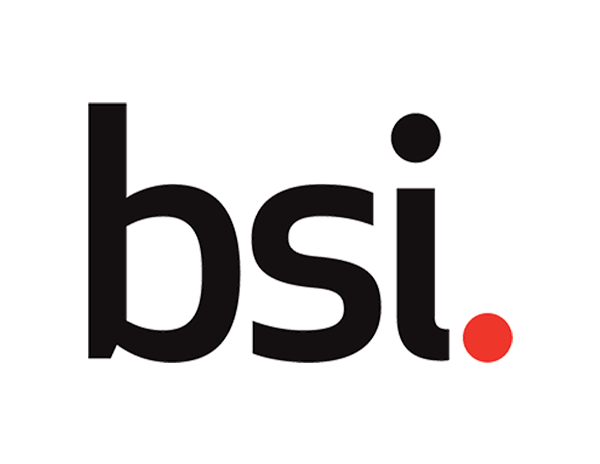حوكمة إدارة استمرارية الأعمال ومرونة سلاسل الإمداد
نظرة عامة
تركز هذه الورشة على تمكين المشاركين من بناء منظومة استمرارية أعمال قوية وقادرة على التكيف مع التحديات المختلفة.
تتناول الورشة ثلاثة محاور رئيسية:
إطار الحوكمة لإدارة استمرارية الأعمال: سيتعرف المشاركون على أفضل الممارسات لتأسيس هيكل حوكمة فعّال يضمن وضوح الأدوار والمسؤوليات، ويرسخ مبدأ المساءلة والشفافية.
بناء سلاسل إمداد مرنة: سيتم استعراض استراتيجيات تصميم سلاسل إمداد قادرة على التكيف مع الأزمات.
مواءمة الاستراتيجيات مع الأهداف طويلة المدى: سيتم ربط خطط استمرارية الأعمال بالأهداف المؤسسية الكبرى لضمان تحقيق النمو المستدام، والحفاظ على مرونة الأعمال على المدى الطويل.
الورشة تجمع بين الجانب النظري والتطبيقي، بما يتيح للمشاركين صياغة خطط عملية قابلة للتنفيذ داخل مؤسساتهم، وتعزيز قدرتهم على مواجهة الأزمات بمرونة وفاعلية.
تتناول الورشة ثلاثة محاور رئيسية:
إطار الحوكمة لإدارة استمرارية الأعمال: سيتعرف المشاركون على أفضل الممارسات لتأسيس هيكل حوكمة فعّال يضمن وضوح الأدوار والمسؤوليات، ويرسخ مبدأ المساءلة والشفافية.
بناء سلاسل إمداد مرنة: سيتم استعراض استراتيجيات تصميم سلاسل إمداد قادرة على التكيف مع الأزمات.
مواءمة الاستراتيجيات مع الأهداف طويلة المدى: سيتم ربط خطط استمرارية الأعمال بالأهداف المؤسسية الكبرى لضمان تحقيق النمو المستدام، والحفاظ على مرونة الأعمال على المدى الطويل.
الورشة تجمع بين الجانب النظري والتطبيقي، بما يتيح للمشاركين صياغة خطط عملية قابلة للتنفيذ داخل مؤسساتهم، وتعزيز قدرتهم على مواجهة الأزمات بمرونة وفاعلية.
مخرجات ورشة العمل
- وضع إطار حوكمة فعّال لإدارة استمرارية الأعمال.
- بناء سلاسل إمداد مرنة قادرة على الاستجابة للأزمات.
- مواءمة استراتيجيات إدارة استمرارية الأعمال وسلاسل الإمداد مع الأهداف المؤسسية طويلة المدى.
اليوم / التاريخ
24 نوفمبر، 2025
التوقيت
9:00 صباحاً
-
1:00 ظهراً
مكان التدريب
فندق الفيرمونت
مدة ورشة العمل
4 ساعات
الفئة المستهدفة
- قادة الأعمال والمديرون التنفيذيون.
- مدراء استمرارية الأعمال وإدارة المخاطر.
- مسؤولو سلاسل الإمداد والعمليات.
- الاستشاريون والمختصون في الحوكمة والامتثال.
لغة التدريب
العربية / الانجليزية
الجهة المقدمة
